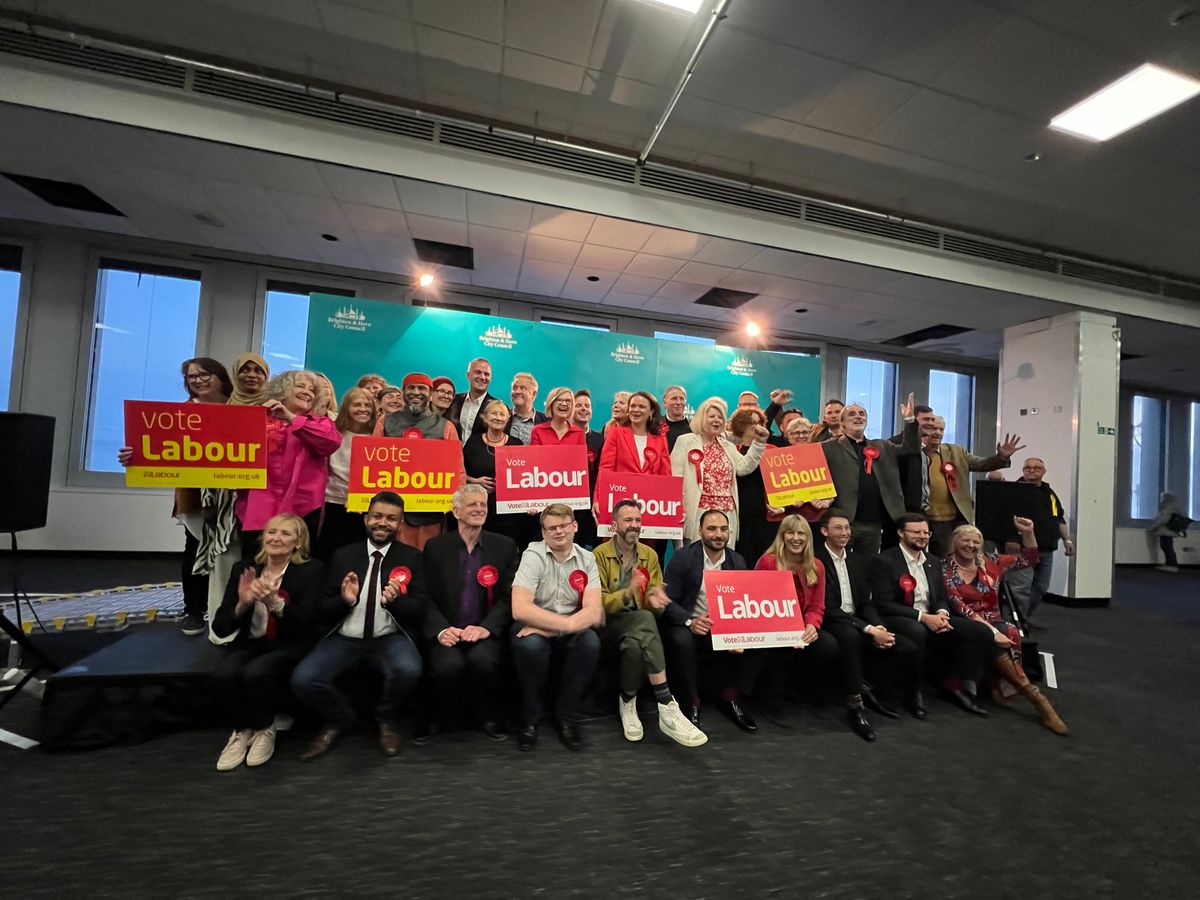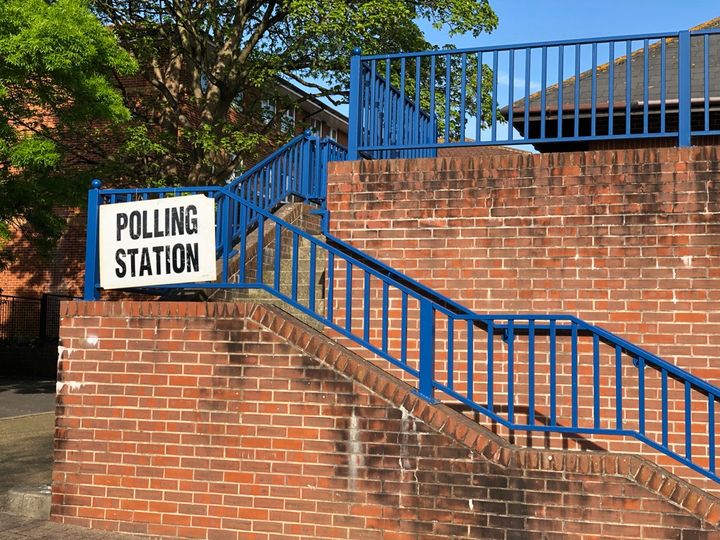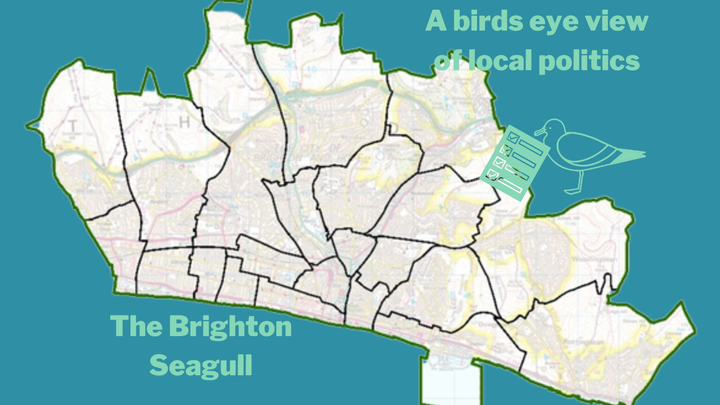What does the council's policy committee reorganisation say about their priorities?
We take a look at the changes that have been made to the council's committees.

After the Labour Party achieved a majority in May's council election, the new leader of the Labour Group, Bella Sankey, held meetings with every other Labour councillor to work out what their areas of interest and focus are. The results of these meetings were fed into a reorganisation of the council's committees. (There are many seats on outside bodies which are filled by councillors—one new councillor confided to me that they'd 'never even heard of' the body they'd been appointed to—but we'll get to those another time.) Full council—which gathers all the councillors together and meets once a month—makes many of the biggest decisions, but a lot of important business is conducted in committees, which focus on addressing specific issues.
The most common system of council organisation in the UK (though only since 2000, when it was introduced) is a cabinet system: there's a leader of the council and then individual councillors are given portfolios of responsibilities. Some authorities, like London, also have directly elected mayors who would also usually be expected to appoint a cabinet. Brighton and Hove City Council, though, long under no overall control, has a committee system, with a lot of power delegated to committees focusing on key areas of council responsibility on which parties are proportionately represented.
Until May's election, the committees had a fine balance between the parties, but now there are Labour chairs and majorities across the board, and there's been a shake-up in their organisation. Some things are still the same: the regulatory committees, which govern things like premises licensing; the planning committee, which governs planning permission; and the audit & standards committee, which is meant to ensure the council's finances are all in order and that councillors and officers are adhering to ethical standards (and is therefore chaired by an Green councillor, Pete West). The policy committees, though, have seen some significant re-arrangement.
The Tourism, Equalities, Communities & Culture Committee has been split, with the creation of a new Equalities, Community Safety & Human Rights Committee, chaired by newly-elected Leslie Pumm, as they 'didn't want the protection of the rights of all our residents to be lost in a larger committee'. The original committee's remit lives on in the Culture, Heritage, Sport, Tourism & Economic Development Committee (winning the prize for longest committee name), under the chairship of long-serving councillor and former mayor Alan Robins to try and take a joined-up approach to "cultural regeneration".
The Environment, Transport & Sustainability Committee—which Labour claim was too big and opaque—has also been divided, with some responsibilities City Environment, South Downs & The Sea Committee chaired by Tim Rowkins, which is responsible for cleanliness and tidiness—weeds, graffiti, rubbish and recycling—but also bigger-picture environmental concerns and climate-changes goals. The Transport & Sustainability Committee, meanwhile, chaired by Trevor Muten, has been split off to focus on creating an integrated city-wide transport strategy.
The Housing Committee has returned to its 2019 name as the Housing & New Homes Committee, to reflect a determination to focus on building new housing. The chair is being taken by Deputy Leader Gill Williams, who has previously led the charge on housing-related issues in the city, including AirBnB licensing and the possibility of regulating second homes.
The Children, Young People & Skills Committee has become the Children, Families & Schools Committee—a name it hasn't had since 2008—and is being chaired by Lucy Helliwell—a teacher— and Jacob Taylor, while the Policy & Resources committee, chaired by Bella Sankey herself, has been renamed to the Strategy, Finance & City Regeneration Committee, a name they hope (and I agree) is a bit more explanatory.
The overall thrust of the new committees seems to indicate areas of focus for the council—equalities, homebuilding, cleanliness—and a greater focus on cross-sectoral co-ordination for key strategic focuses like transport and cultural regeneration—permitted by the expedient of their majority. These plans have met with cautious optimism and optimistic caution amongst opposition councillors I've spoken to—the Brighton and Hove Independents welcomed the reshuffling and agreed that the previous committees were somewhat overloaded—while the Greens emphasised the importance of ensuring the committees provided proper scrutiny—but both agreed that the full slate of Labour chairs and majorities mean Labour will be fully responsible for whatever happens next.




Comments ()